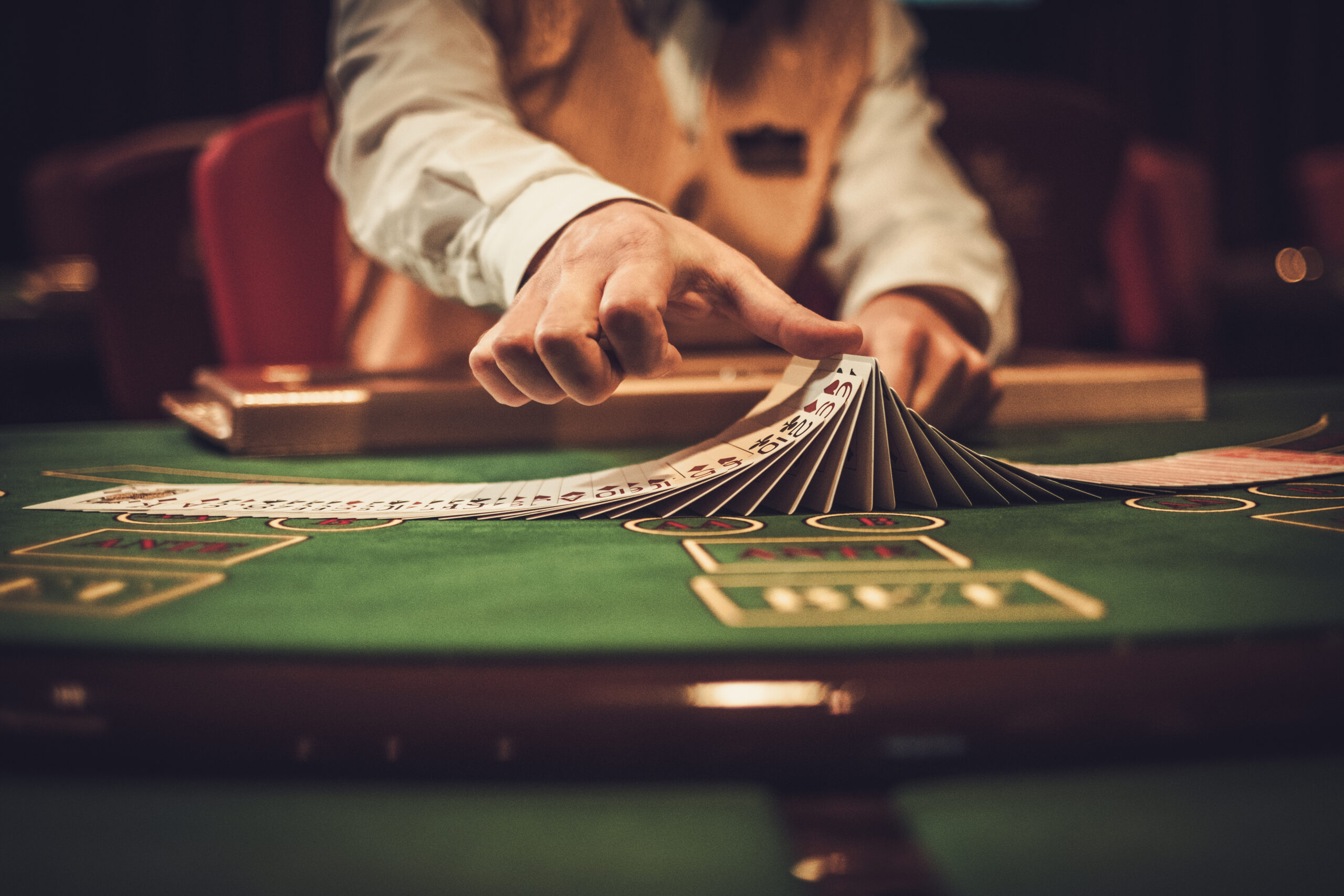Poker isn’t just a card game—it’s a battle of the mind, a test of patience, and a masterclass in decision-making. Over the years, I’ve come to realize that the lessons I’ve learned at the poker table extend far beyond the game itself. Whether in business, personal life, or managing responsibilities, the mental strategies behind poker can provide valuable insights into making better decisions, handling uncertainty, and maintaining discipline.
Understanding Risk and Reward
One of the first things you learn in poker is how to weigh risk versus reward. Every hand presents a series of decisions, each with its own potential outcomes. Do you play conservatively and wait for a strong hand, or do you take a calculated risk with an aggressive move? The key is understanding probabilities and making the best decision with the information available.
This same mindset applies in business and life. Whether it’s making an investment, pursuing a career change, or deciding on a major purchase, success often depends on evaluating potential risks and rewards. The best poker players—and the most successful professionals—aren’t afraid to take risks, but they do so with logic and reasoning rather than emotion.
Reading People and Situations
Poker is a game of skill, but it’s also a game of reading people. Every player has tells—small clues in their behavior that reveal their confidence, uncertainty, or even deception. Learning to read opponents, anticipate their moves, and adjust your own strategy accordingly is a major factor in winning.
The ability to read people is just as important in business and everyday interactions. Whether negotiating a deal, leading a team, or navigating social dynamics, understanding body language, tone of voice, and behavioral cues can provide a significant advantage. Being able to assess situations quickly and accurately allows you to adapt and make smarter decisions.
Emotional Control and Discipline
One of the biggest mistakes in poker is letting emotions dictate your actions. When you’re on a losing streak, it’s easy to go on “tilt”—making reckless decisions out of frustration or desperation. The best players learn to control their emotions, stay level-headed, and make decisions based on logic rather than impulse.
This discipline is just as crucial in business and life. There will always be setbacks, losses, and challenges. Reacting emotionally, whether through frustration, anger, or fear, often leads to poor decision-making. Staying calm under pressure, maintaining focus, and sticking to a well-thought-out plan is what separates those who succeed from those who falter.
Patience and Long-Term Thinking
Poker isn’t about winning every hand—it’s about making the right decisions over time. A player who chases every win, takes unnecessary risks, or gets impatient is more likely to lose in the long run. The most successful players know when to fold, when to wait, and when to strike at the right moment.
This lesson applies to business and personal growth. Not every opportunity needs to be taken, and not every setback is permanent. Building a career, growing a business, or improving personal skills requires patience and long-term thinking. Success doesn’t happen overnight, but consistent smart decisions add up over time.
Adaptability and Thinking on Your Feet
No two poker hands are ever the same, and no game follows a predictable pattern. The ability to quickly adapt to changing circumstances, adjust your strategy, and make split-second decisions is what sets the best players apart.
The same is true in business and life. Unexpected challenges, market shifts, and unforeseen obstacles require the ability to pivot and make strategic adjustments. Those who can think on their feet and remain flexible in their approach are more likely to thrive in any situation.
The Importance of Continuous Learning
Even the best poker players never stop learning. They analyze their hands, study their mistakes, and refine their strategies. They understand that the game is always evolving, and staying ahead requires constant improvement.
This mindset is essential in business and life. No matter how experienced or successful you become, there’s always room to grow. Continuous learning—whether through reading, mentorship, or hands-on experience—ensures that you stay competitive and adaptable in any field.
Final Thoughts
Poker is more than a game—it’s a lesson in strategy, decision-making, and mental toughness. The skills developed at the poker table—assessing risk, reading people, controlling emotions, thinking long-term, and adapting to change—are invaluable in both business and everyday life.
The next time you sit down at a poker table or face a major decision in life, remember that success isn’t about luck—it’s about making the right choices, staying disciplined, and playing the long game. Whether in cards, business, or personal growth, the smartest moves are often the ones made with patience, strategy, and confidence.
